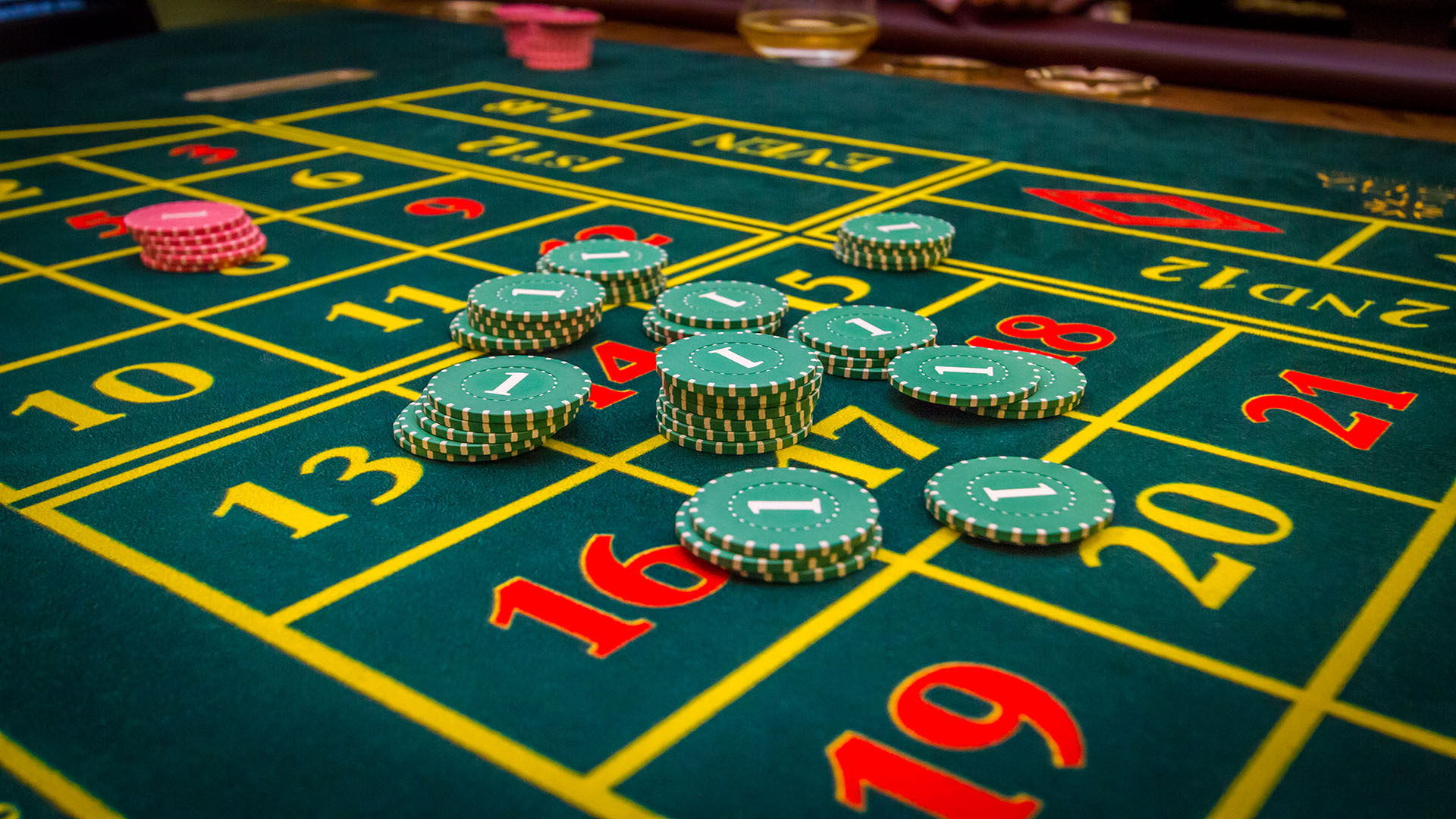
In the world of betting, understanding the details of various casino games is important for anyone looking to enhance their gaming experience level. Whether it’s the twist of a roulette wheel, the deal of gambling cards, or the ringing of slot machine reels, every activity has its unique appeal and tactics. Yet, one critical element that frequently goes overlooked by occasional players is the house advantage. This measure plays a vital role in influencing how games are designed and the sustained returns for gambling houses.
The house advantage represents the numerical advantage that the casino holds over the players. This built-in edge guarantees that while participants may experience wins, the casino ultimately gains more over time. By comprehending how the house advantage works in different gambling games, players can make more decisions, set attainable expectations, and maybe even formulate superior tactics for their gameplay. Understanding this essential factor is crucial for those who wishes to enjoy the thrill of gambling games while reducing potential losses.
What is House Edge?
The house edge is a crucial concept that every gambler should know when participating in casino games. It denotes the statistical advantage that the casino has over gamblers. This benefit is integrated into the guidelines of the game and guarantees that, over time, the casino will generate a profit. The house edge is usually expressed as a fraction, indicating the average amount the house expects to gain from each wager made by players.
Different gaming options have varying house edges, which can greatly influence a gambler’s experience and betting strategy. For instance, games like 21 can have a minimal house edge when played with optimal strategy, while games such as slots or lottery-style games often feature a higher house edge. Grasping these differences can assist players in making knowledgeable decisions about which games to play and how best to manage their funds efficiently.
Gamblers often erroneously believe that chance alone determines the outcome of casino games; however, the house edge is a constant factor that influences the overall odds. This means that, while gamblers can experience short-term wins, the long-term outlook is that the casino will ultimately succeed due to the house edge. By comprehending this concept, players can approach casino games with a clearer understanding of their possible risks and rewards.
How House Edge Affects Game Results
The house edge is a key idea that affects the outcomes of casino activities. It represents the mathematical benefit which the casino has over gamblers, ensuring that the casino will retain a percentage of all wagers placed. This edge differs from various games and determines how much participants can anticipate to gain or suffer in the long run. https://defensorseguros.com/ Grasping the house edge aids players formulate informed choices about which games to participate in and how to approach their betting strategies.
Different gambling activities exhibit different levels of house edge, which can significantly impact player experience and overall satisfaction. For instance, activities like 21 and certain poker types can have a lower house edge in contrast with slot machines, where the edge is typically greater. Players who enjoy strategy-driven activities may find that their decisions can decrease the house edge, allowing for improved odds of success. In contrast, activities of total chance offer minimal chance for skill to affect the result, making the house edge a greater overbearing factor.
Ultimately, awareness of the house edge allows players to manage their anticipations and financial limits wisely while gambling. Realizing that it is integrated into the game’s structure facilitates more thoughtful gaming. An awareness of how the house edge operates not only informs players about their odds of winning but also motivates them to reflect on their emotional and financial limits, resulting in a more enjoyable casino experience.
Tactics to Reduce House Edge
One efficient strategy to mitigate the house edge in casino games is to become knowledgeable with the rules and most effective strategies of every game. Knowledge is crucial in gambling. For example, in games like blackjack, understanding when to hit or stand can considerably reduce the house edge. Participating in games with a lower house advantage, such as baccarat or certain variations of poker, can also boost your odds of winning.
Another important approach is overseeing your bankroll wisely. Set a limit for your gaming session and adhere to it. This ensures guarantee that you do not pursue losses and can enjoy your experience free from financial stress. Moreover, consider employing betting systems that can assist maximize your gains and reduce losses. However, it’s crucial to keep in mind that no betting system can guarantee success, as results in casino games are ultimately based on chance.
Finally, take benefit of promotions and loyalty programs offered by casinos. These incentives can provide you with extra plays, bonuses, or cashback, subsequently lowering the effective house edge. Staying aware of these deals and intelligently using them can improve your gaming experience and provide a safeguard against the inherent risks involved in casino gaming.






